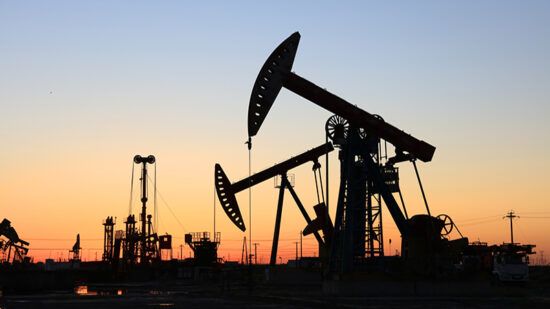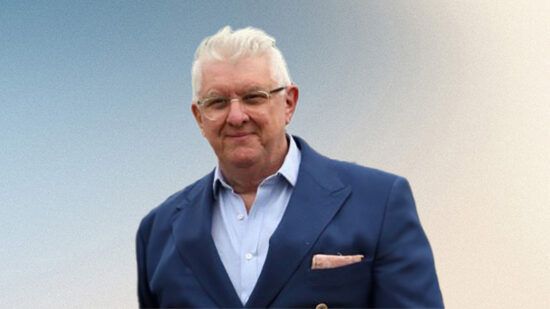Sustainable investors are likely relieved with the results of the French presidential election last weekend, in which incumbent Emmanuel Macron defeated far-right National Front leader Marine Le Pen by 58.5% to 41.5%.
The relative stability this brings should allow Macron to keep rolling out his decarbonisation plans. Although fossil fuels, manufacturing and materials dominate France’s emissions, it has a relatively low rate of temperature increase, at 2.7 degrees. “We expect the president will continue implementing the green deal and tackling the climate crisis,” said Dean Turner, economist at UBS, although he added delivering on these policies could be challenging if the June elections result in a fractured parliament.
Nuclear power is key to Macron’s environmental strategy – he has promised 14 new nuclear power plants from 2028, as well as building more renewable energy sources. “If implemented, nuclear power would be embedded in France’s decarbonisation policy for years to come, symbolising a significant policy shift,” said Ingrid Kukuljan, head of impact and sustainable investing at Federated Hermes.
The 14 new plants would generate up to 25 GW, potentially challenging China as the world-leading nuclear reactor developer. “France’s adoption of nuclear would likely enable decarbonisation at a faster rate than its European peers without a nuclear policy,” Kukuljan added. Hydrogen will also be on the radar for French investors.
Macron has also promised to help insulate 700,000 homes per year, which may be crucial at a time when cost of living and the energy crisis top French voters’ concerns. His government has put a cap on gas and electricity prices and handed out €100 grants to 38 million people on low and middle incomes. But his reputation as a leader for big business rather than more disadvantaged sections of society continues to cause discontent and may be a deterrent for ESG investors focused on social causes.
French companies ahead on climate
Despite that, French companies appear well-placed to tackle the climate crisis. Amundi Asset Management said with the lowest rate of companies without climate targets, “French equities offer undisputed exposure to the energy transition, with a rich panel of companies positively active in the construction sector, including building and electric material producers”.
French ESG disclosure obligations are tighter than those in other EU member states. For example, French companies are required to have their non-financial reporting audited by a third party, which is not the case currently at the EU level under the Non-Financial Reporting Directive.
Amundi also noted French companies have lower Scope 2 emissions than, for example, their German counterparts, which rely on coal and natural gas. “Considering the weight of climate- and energy-related metrics in the methodologies of traditional ESG rating agencies, French companies are likely to be attractive from an ESG perspective,” the firm concluded.








